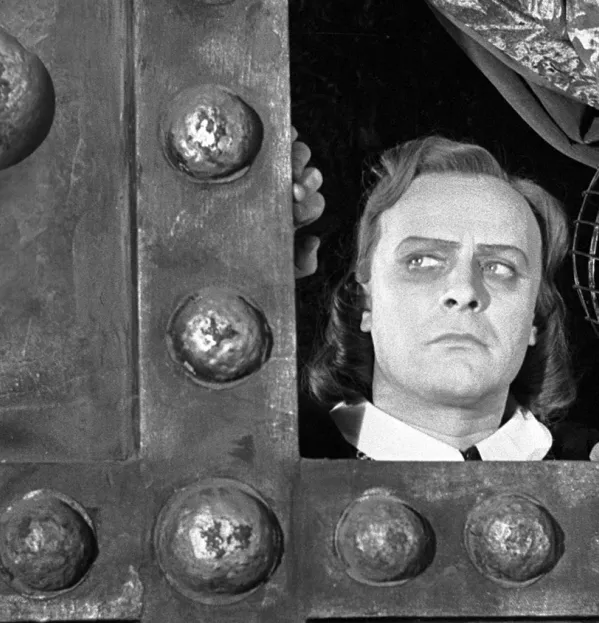Picture the scene: I’m trying my hardest to land a new job in a fancy private school, and I have a group of sixth-formers with perfect teeth and shiny hair eyeing me from across a small table.
My skirt is uncomfortably snug, and a trickle of sweat is worming its way down my spine, despite the fact that the room is cool. Two potential colleagues and the vice-principal are sitting in the shadowy recesses of the room with clipboards, gauging my suitability as an instructor.
Fresh out of college, I knew enough to be aware that I shouldn’t just impart my knowledge of my chosen texts (a poem by my countryman, Seamus Heaney, and his peer, Derek Walcott) to the unknown fresh faces in front of me. But I was under the impression that the best way to demonstrate my abilities was with a pithy, carefully crafted question.
Questions seemed the best way to get students to the heart of the matter, and to show those observing me that I knew how to guide the charges in my potential care.
“How do these two writers address issues of language and identity in these poems? Shall we compare them?”
The students dutifully responded, ignoring references to anything but language and identity as they read the poems aloud and began to unpack them. It worked. The job was mine, and I traded in the formal skirt for a more fluid classroom wardrobe.
In my first few years of teaching, leading questions were my go-to: they were the structuring scaffolds around which my lessons took shape. The idea of the question as a tool in teaching is as old as Socrates, and many good teachers use questions in the preparation stage and also in the classroom.
Where would we be without questions?
Imagine my surprise when I first started teaching at Phillips Exeter Academy, the school that developed the Harkness pedagogy, and heard an experienced colleague say that “power lies with the questioner” as she dismissed the idea that guiding questions should structure our classes. In our classrooms, the teacher is the facilitator of student discussion, not the Socratic guide. If we truly intend to give ownership of the direction of a class to the students, we cannot then channel their attention to the questions we deem relevant.
The heart of the matter may not be discussed at all in my classes, but I will see where my students’ hearts lie and will be all the wiser for that.
It’s not that I’ve abandoned all questions, but I have tossed the leading ones. I still find myself beginning classes with a question, but it is more likely to be “What did you notice?”, “What did you observe?” or “What struck you in the reading for today?” than “How does Hamlet’s perspective on revenge change over the course of the play?” or “What’s the role of the supernatural in Beloved?”.
Let me tell you, I wouldn’t go back. Not knowing where we are going makes for a heck of a ride.
Eimer C Page is an instructor in English and director of global initiatives at Phillips Exeter Academy in New Hampshire, US
This article originally appeared in the 22 November 2019 issue under the headline “To question, or not to question: that is the question”
